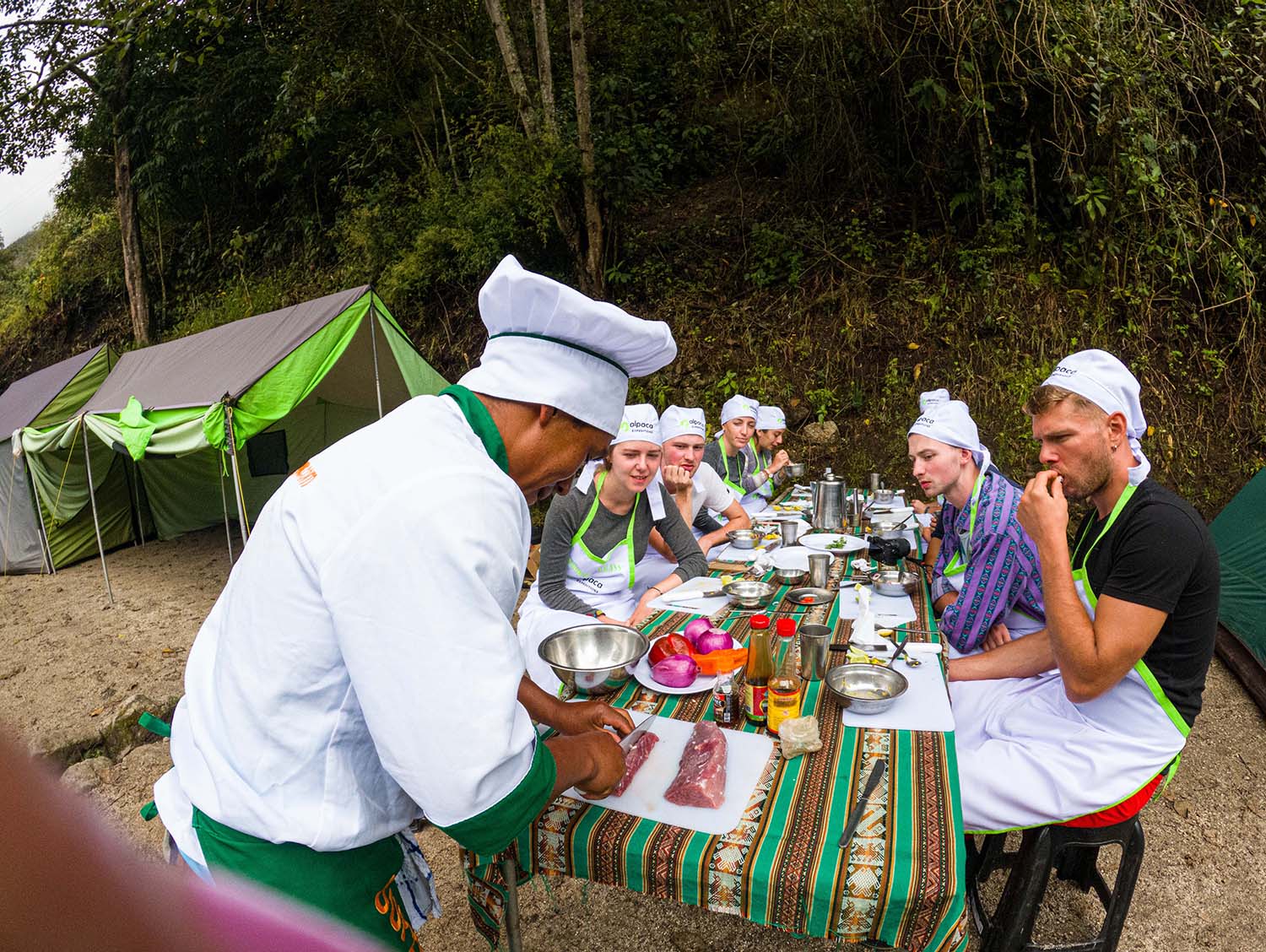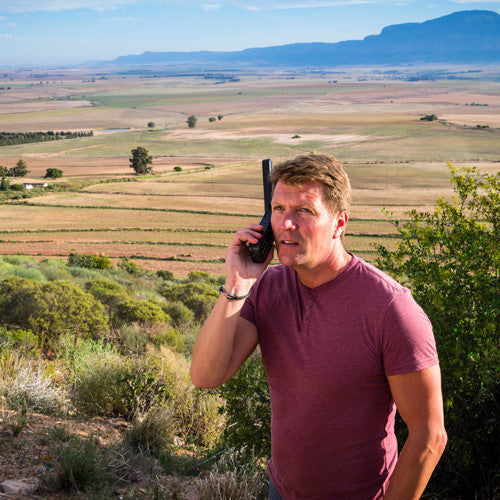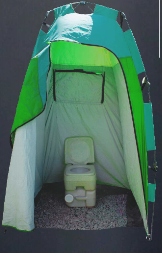The safety and comfort of both guests and the Alpaca Expeditions team is our priority on the trail.
We pride ourselves on the level of precautions we take on treks through Andes. Our team receives annual safety and first aid training, and we are always mindful of weather and trail conditions.
Explore our safety practices and standards to better understand the proactive role we take in your experience on the trail with us!
Alpaca Expeditions Guests: We are committed to the safety of our staff, guests and the communities where we travel.
Guides have the job of making sure their entire team of trekkers is safe at all times, as well as our Alpaca “Green Machine” team. We equip our guides with knowledge and tools that are refreshed every year. Our guides go through extensive training in first aid every February, where they learn how to rescue and evacuate people in case of emergency, as well as how to treat major and minor problems.
Three years ago, we created a partnership with Clinic 02 and Medical Cusco to give us direct access to medical professionals at all times. A doctor on the team leads the training in February and they are our partners throughout the year to make sure our guides are up to date with the most recent protocols.
Part of the allure of hiking to Machu Picchu is disconnecting from the world and immersing yourself in nature. But it’s important to have a lifeline in case anything happens. Alpaca Expeditions was the first company to introduce satellite phones and we are the only company to include them on every trek we go on. This allows us to get in touch with our team back in Cusco for extra help or connect a client to their family back in their home country. It also connects us directly to a medical professional on staff or at our partner clinics, where the guide can talk directly to a doctor if needed.
While we need to be prepared for the most serious difficulties, these are extremely uncommon. Most people suffer more from complications due to the altitude or minor scrapes, blisters or belly aches. All our guides carry a full kit of first aid with supplies to deal with pain, swelling, cuts, scrapes and blisters. It also includes some medication like ibprofen and cipro. They always have full canisters of oxygen and larger groups with a second guide will have a second tank. They also carry thermometers, oximeters, blood pressure cuffs (tensiometers).
Explore our safety practices and standards to better understand the proactive role we take in your experience on the trail with us!
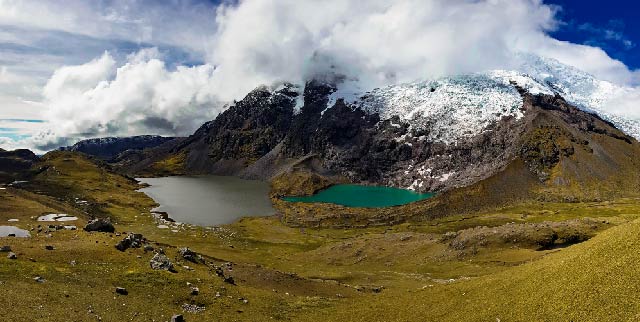
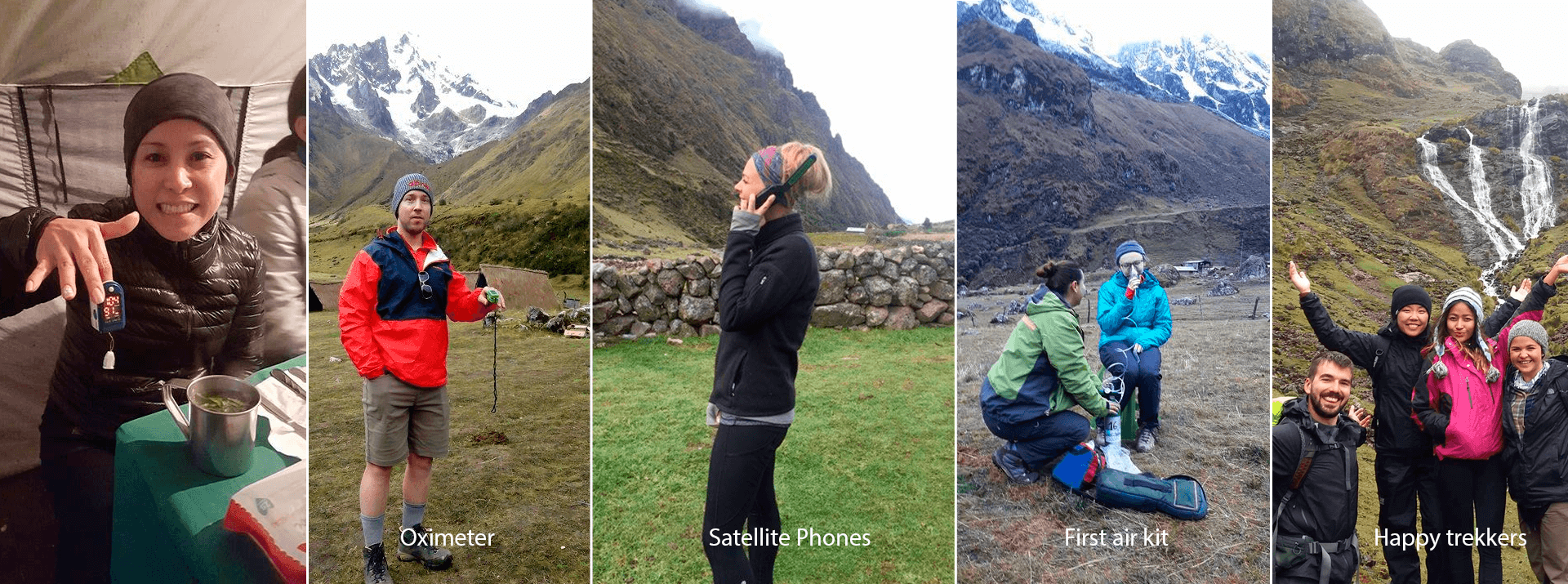
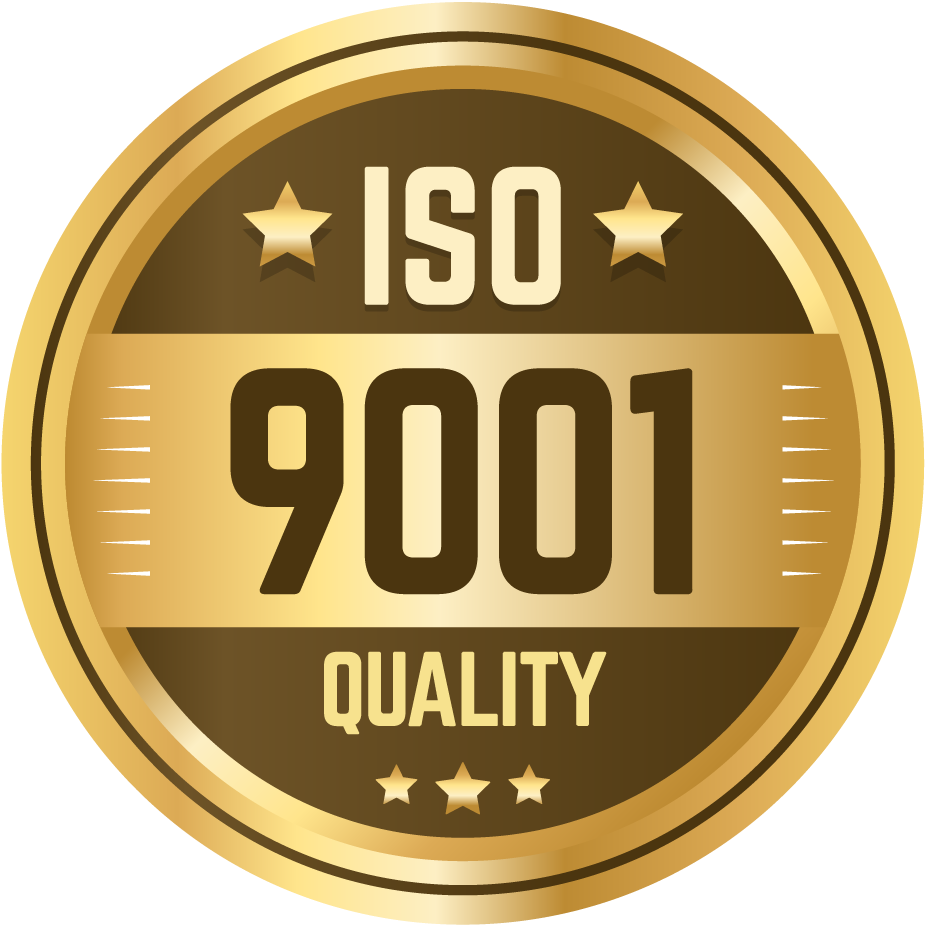

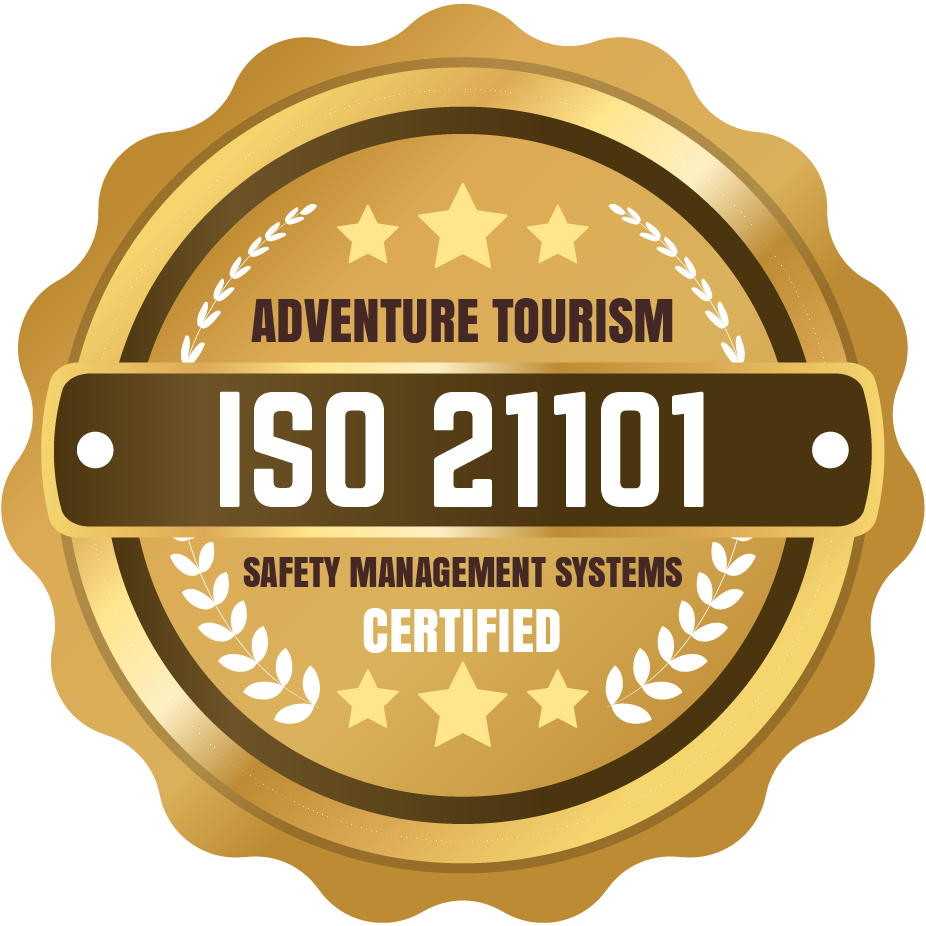
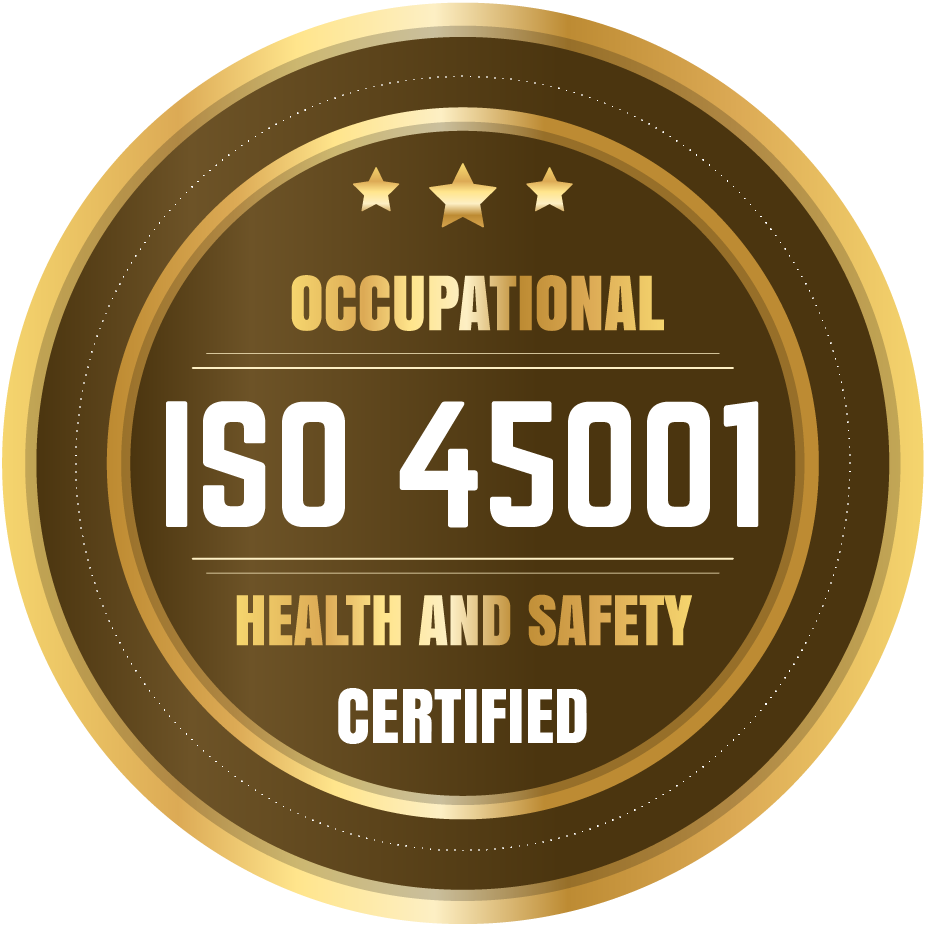
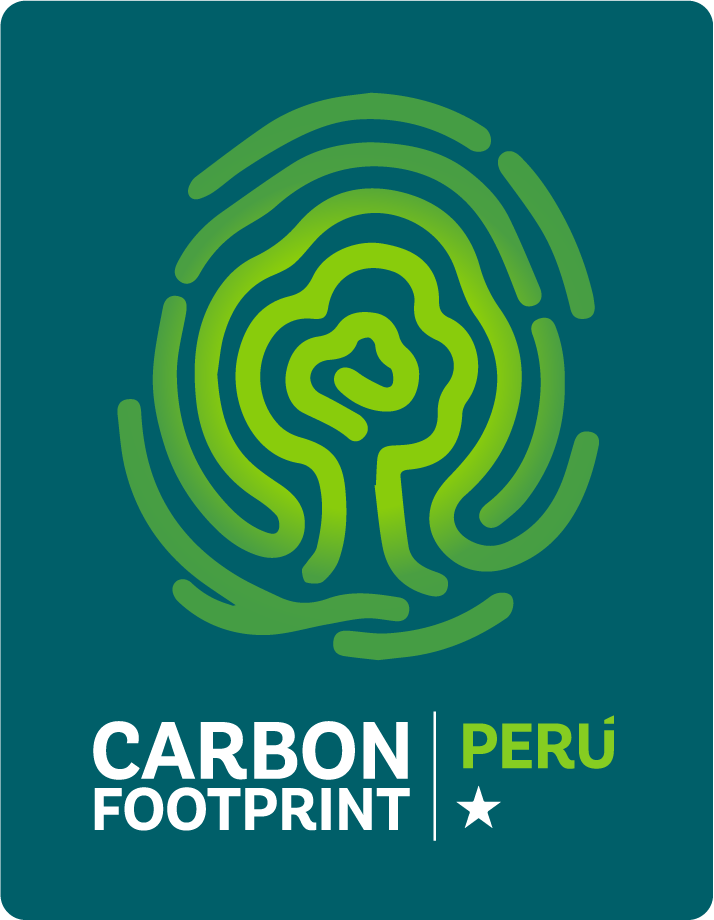
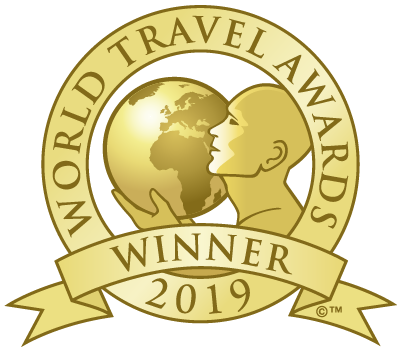

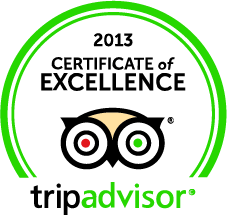
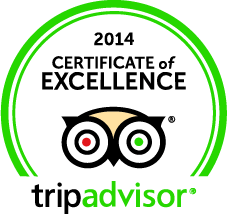
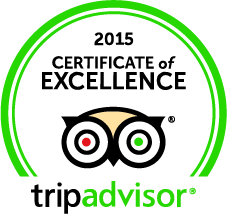


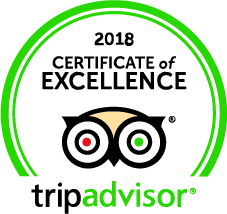
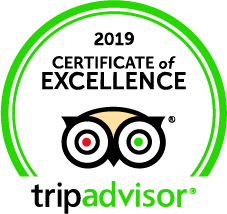
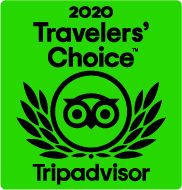
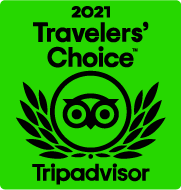
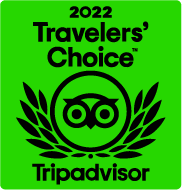
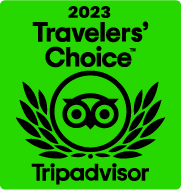
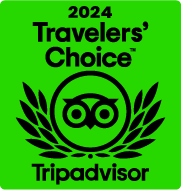












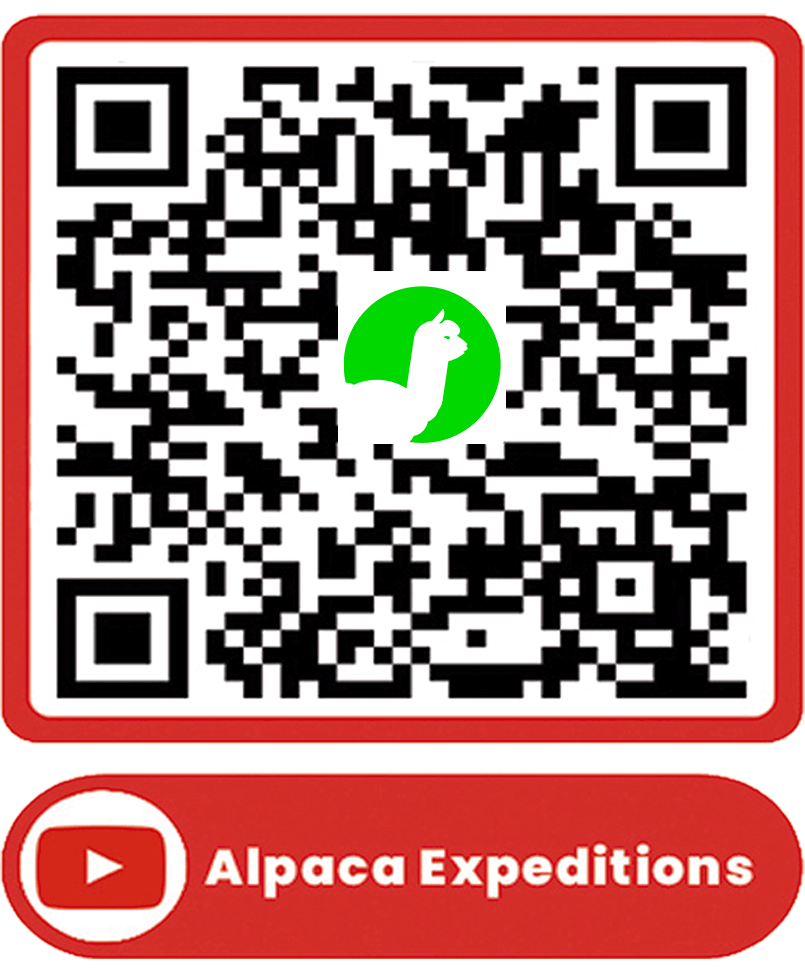

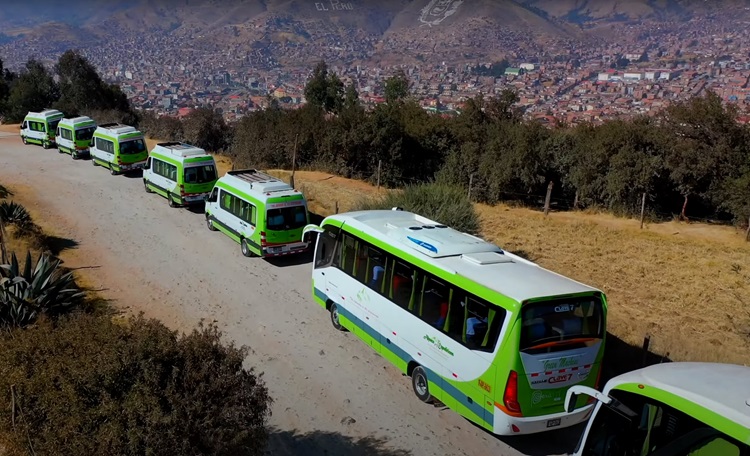
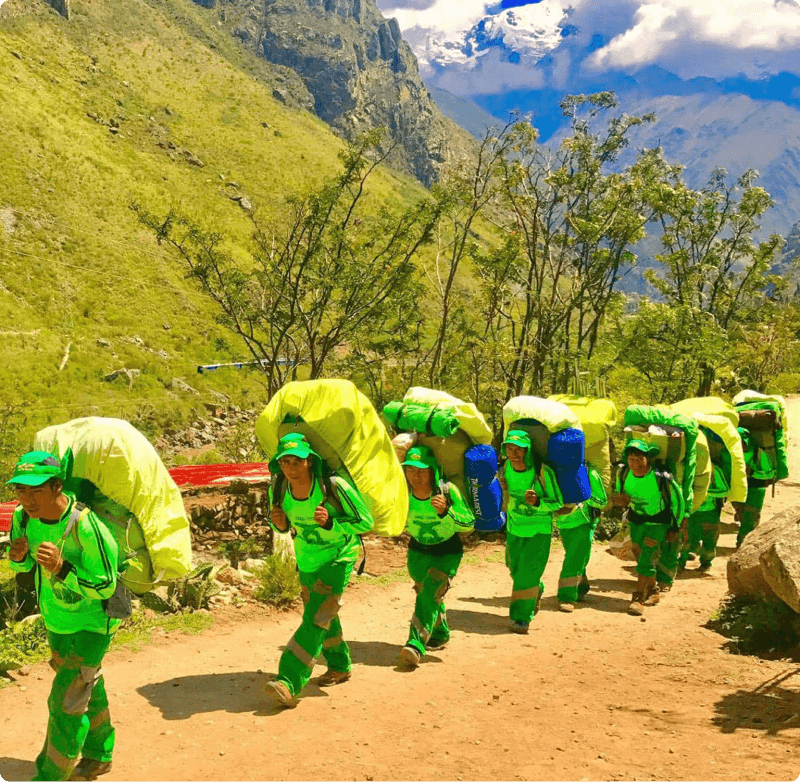 Porters will carry up to 7 kg of your personal items, which must include your sleeping bag and air mat (if you bring or rent one). From us, these two items weigh a combined total of 3.5 kg.
Porters will carry up to 7 kg of your personal items, which must include your sleeping bag and air mat (if you bring or rent one). From us, these two items weigh a combined total of 3.5 kg.